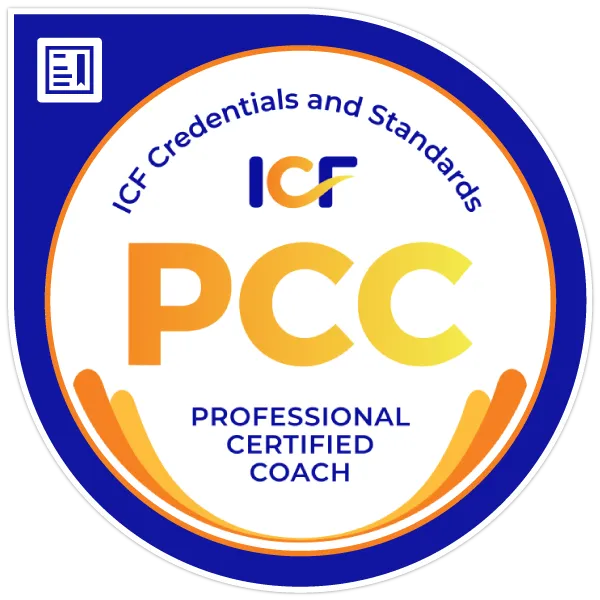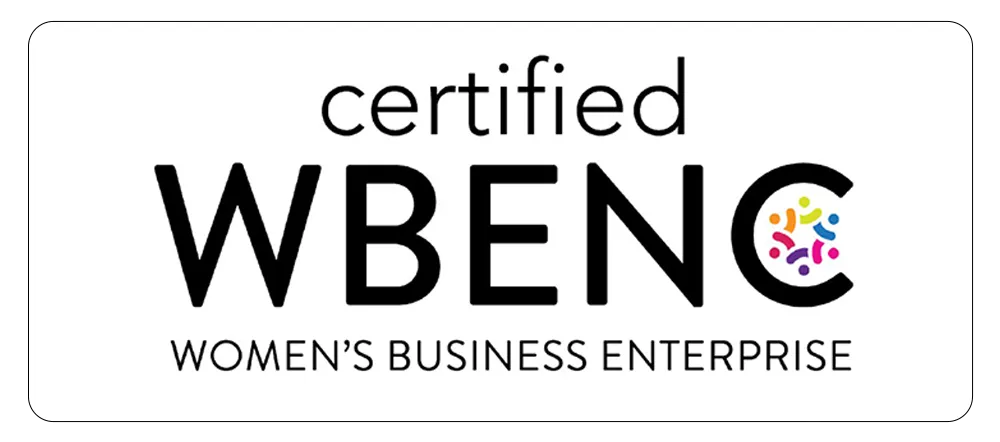Looks like you’ve wandered off the map.
Even the strongest leaders lose their way sometimes. The good news? Getting back on track starts with one step.
Options to Reorient:
Head back to the Homepage
Learn more About Kelly
Book Your Complimentary 60-Minute Call

SERVICES
Executive Coaching
Coaching Cohort
Facilitation
Keynotes & Presentations
CERTIFICATIONS
Women's Business Enterprise Council
Woman Owned Small Business
International Coaching Federation
Military Spouse Owned
Economically Disadvantaged Woman-Owned Small Business
© Kelly Meerbott | You: Loud & Clear. Made with ♥️ by Meghan Donnelly | Privacy Policy | Terms & Conditions
Revolutionary Coaching
For Inspirational Leadership
WITH KELLY MEERBOTT
Coaching isn’t therapy or mentorship. It’s product development, with you as the product.







